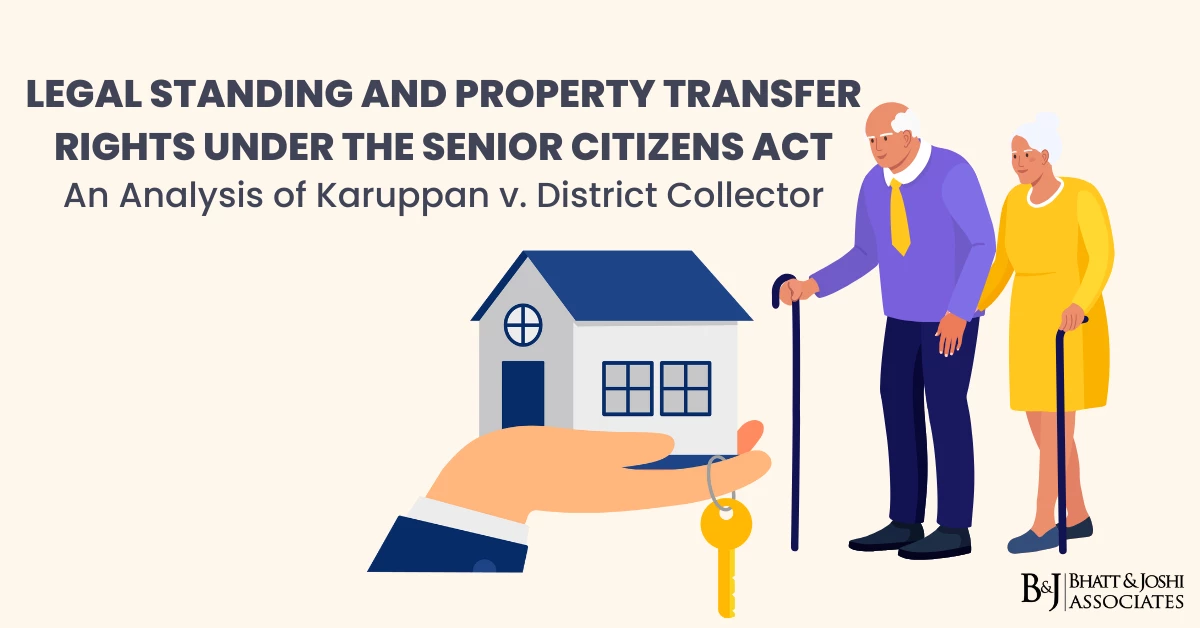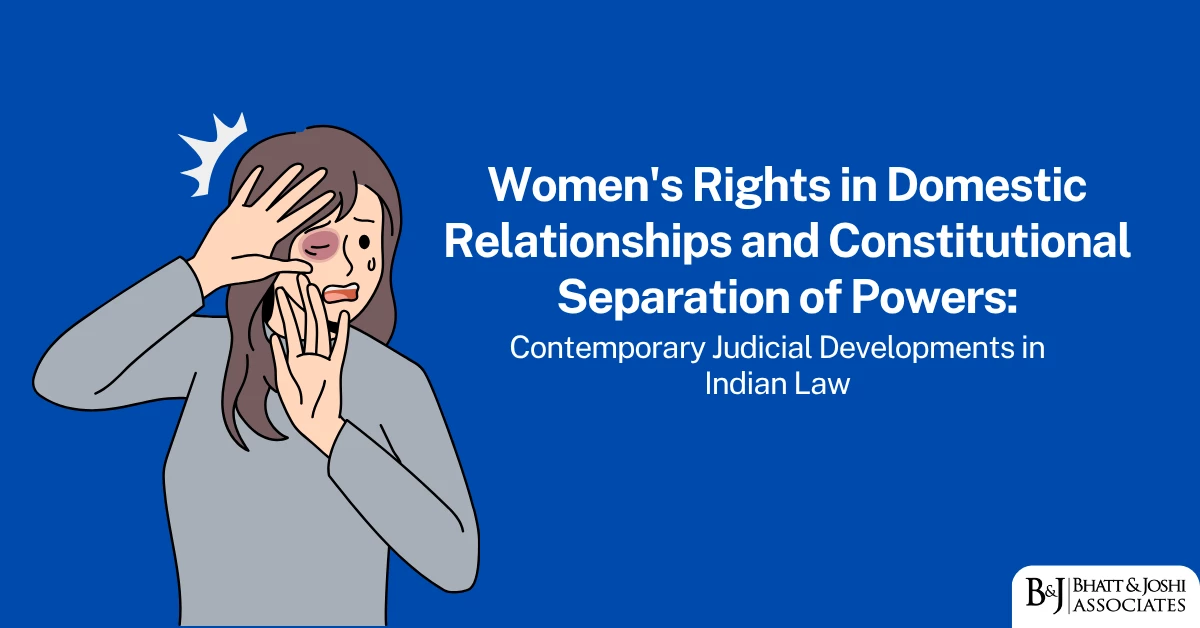Introduction
Adverse possession is a legal concept that allows a person who has unlawfully occupied someone else’s land for a certain period of time to claim legal ownership of that land. In India, this concept has been part of the legal framework for a long time, rooted in the idea that land should not be left vacant and instead be put to judicious use.

Elements of Adverse Possession
To claim adverse possession, the occupier must prove that they have been in continuous, uninterrupted possession of the land for at least 12 years, and that their possession was open, notorious, and hostile to the true owner.
Legal Provisions of Adverse Possession under the Limitation Act, 1963
The law on adverse possession is contained in the Limitation Act, 1963. Article 65, Schedule I prescribes a limitation of 12 years for a suit for possession of immovable property or any interest therein based on title. Article 65 is an independent article applicable to all suits for possession of immovable property based on title, i.e., proprietary title as distinct from possessory title. Article 64 governs suits for possession based on possessory right. 12 years from the date of dispossession is the starting point of limitation under Article 64.
Implications of Section 27 and Articles 111 and 112 of the Limitation Act
Section 27, entitled ‘Extinguishment of right to property’, lays down that where the cause of action exists to file a suit for possession and the suit is not filed within the period of limitation prescribed, then not only does the period of limitation come to an end, but the right based on title or possession, as the case may be, will also be extinguished. As a necessary corollary, the person in adverse possession is enabled to hold on to his possession as against the owner not in possession.
However, the period of limitation is different for public property. For any public street or road that has been encroached upon and no suit has been moved by or on behalf of any local authority for possession, the State would abdicate its right to evict the occupier only after 30 years, as prescribed by Article 111. For property belonging to the state or central governments, the period of limitation for a suit is 30 years. Article 112 extends period of limitation so that any suit on behalf of the State Government is to be filed within 30 years.
Supreme Court Judgments on Adverse Possession
The Supreme Court of India has criticized the law permitting adverse possession in two recent decisions: Hemaji Waghaji v. Bhikhabhai Khengarbhai and State of Haryana v. Mukesh Kumar. In these judgments, the Court emphasized the need to have a fresh look at the legal provisions. The Court described the concept of adverse possession as irrational, illogical, and wholly disproportionate and harsh for the true owner, besides being a means for unjust enrichment for a dishonest person who has illegally taken possession of the property. The Court suggested that the Parliament should seriously consider abolishing ‘bad faith’ adverse possession, which is adverse possession achieved through intentional trespassing.
Conclusion: Future of Adverse Possession in India
Despite the Supreme Court’s criticism of adverse possession, the Law Commission of India has recommended against enlarging the period of limitation provided under Articles 64, 65, 111, or 112 of the Limitation Act, 1963, which encapsulates the law on adverse possession. The Commission has concluded that there is no justification for introducing any change in the law relating to adverse possession. However, the commission has recommended a minor change to the language of Article 112 of the act in light of the abrogation of Article 370 of the Constitution that granted special status to the erstwhile state of Jammu and Kashmir.
The stance of the Law Commission contrasts with that of the Supreme Court, suggesting that the debate around the concept of adverse possession in India is far from settled. As the law currently stands, the concept continues to play a significant role in land ownership disputes. The future of adverse possession in India thus remains uncertain and is likely to evolve based on further legal developments and societal needs.
This analysis offers an understanding of the current status of the doctrine of adverse possession in India, as discussed in the provided articles, with a focus on the provisions of the Limitation Act, 1963, and recent judgments of the Supreme Court. However, it’s important to note that interpretations and applications of laws can vary based on individual circumstances and additional legal factors not considered here. For a comprehensive understanding of how these laws may apply to a specific situation, you may consult with a legal experts at our firm.
Citations
1. Law Commission Says No Need To Reconsider Law On Adverse Possession; Disagrees With Supreme Court – LiveLaw
2. Adverse possession: Law Commission says it is for benefit of public; Law Ministry members say it enables land mafia – Bar & Bench











